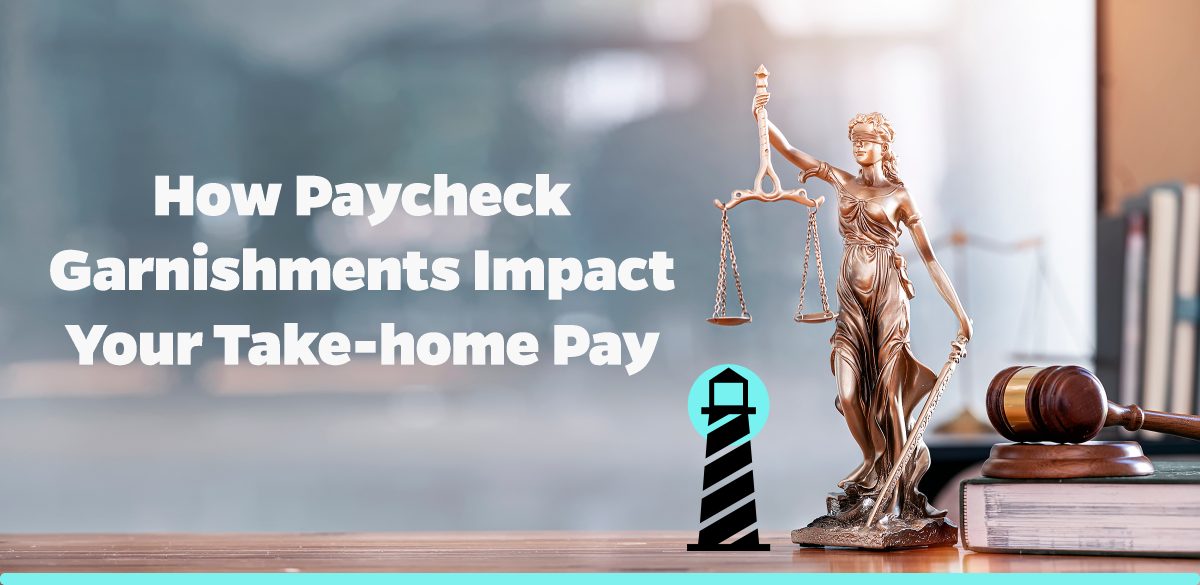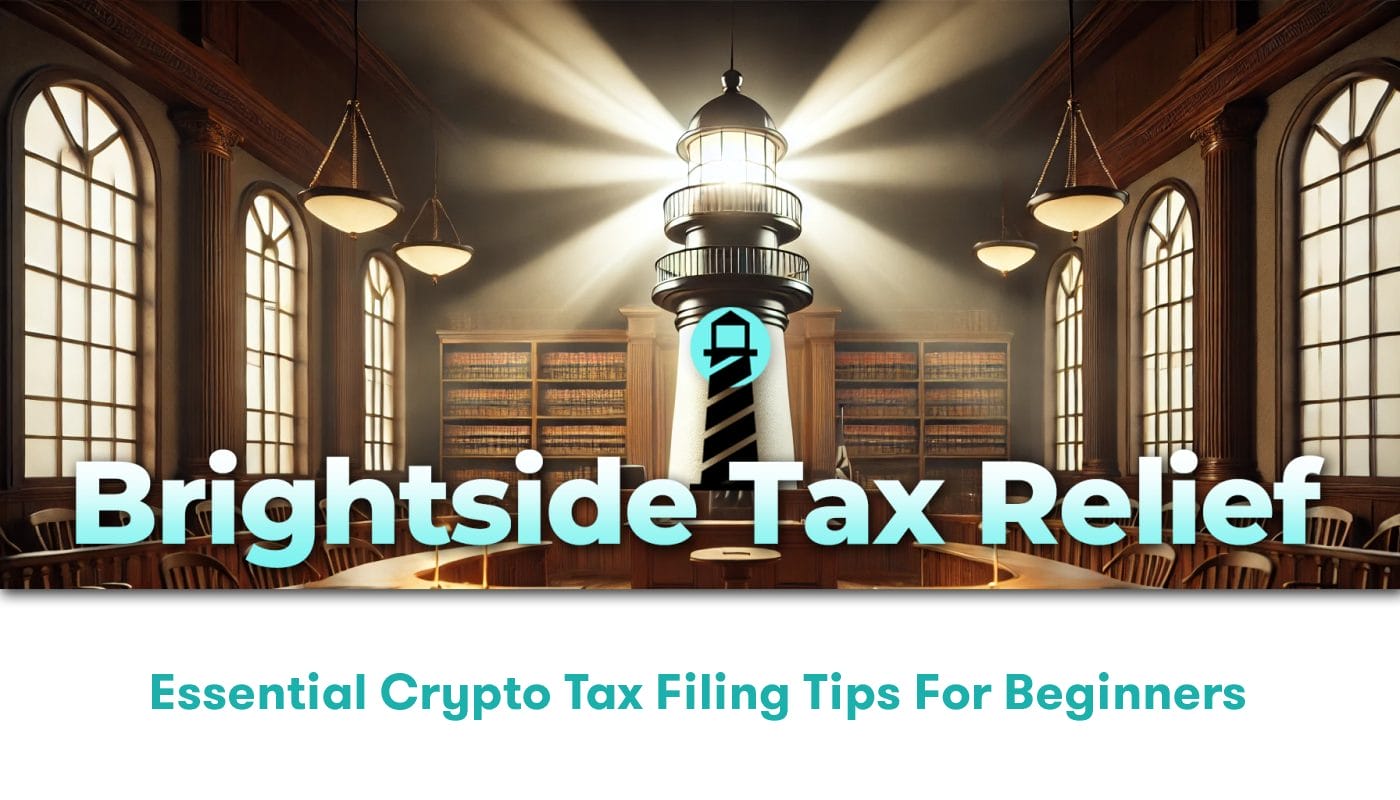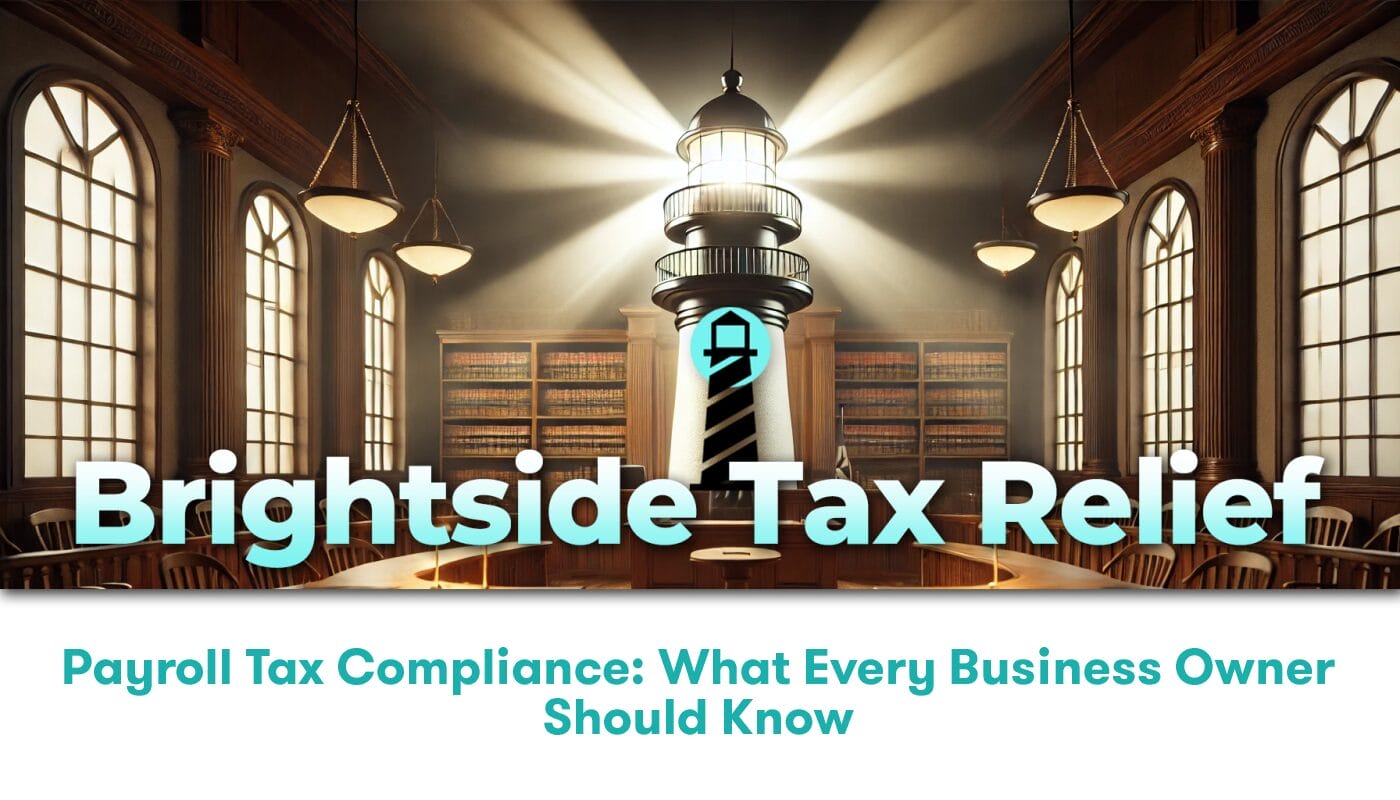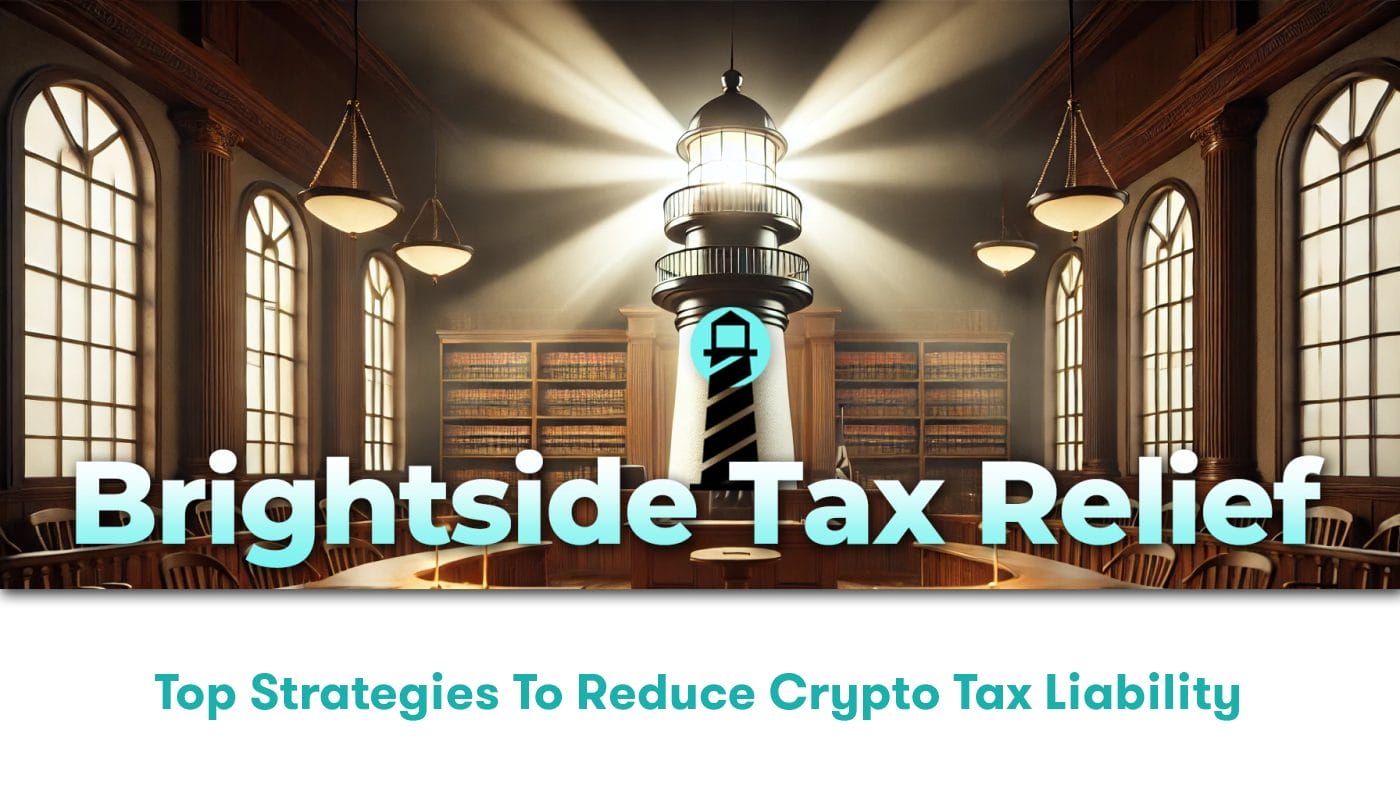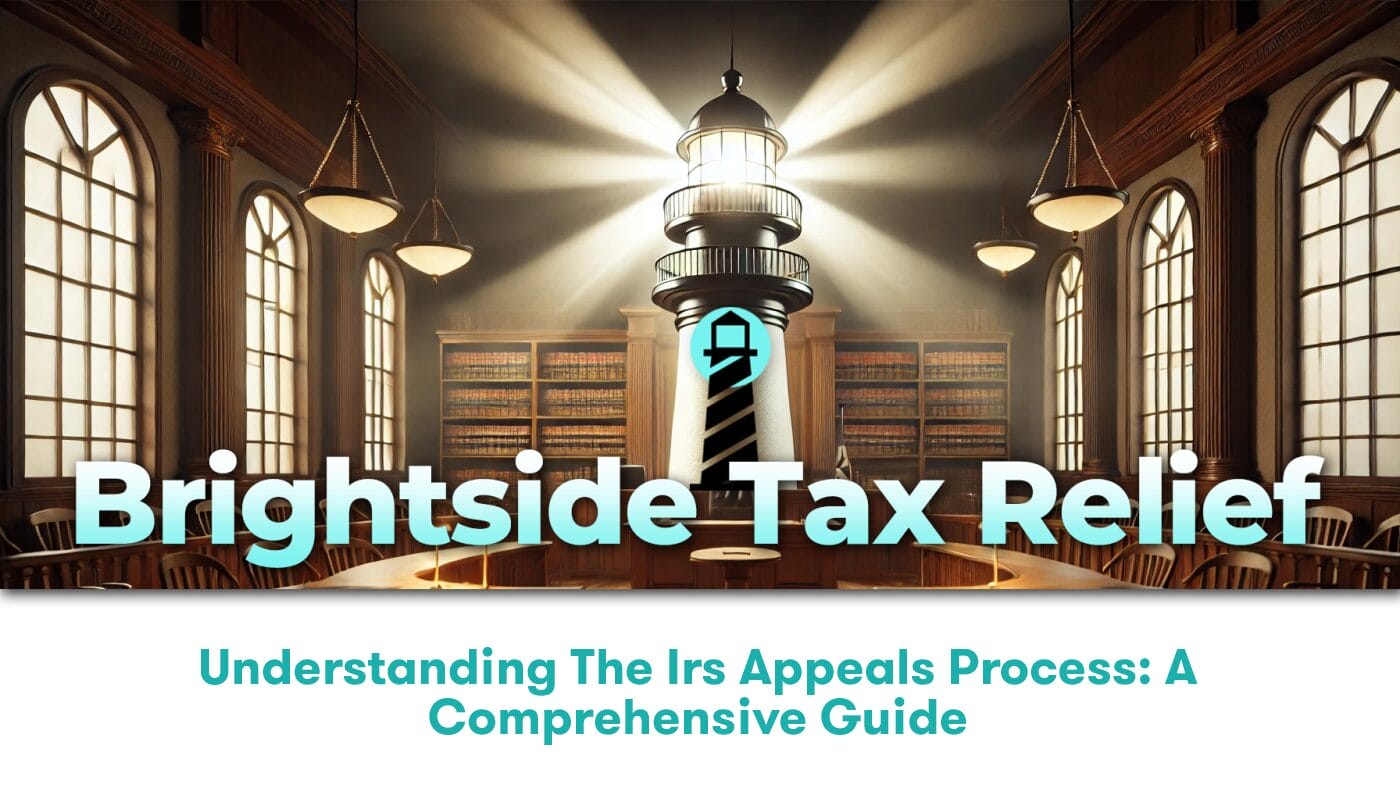Understanding the Concept of Paycheck Garnishment
The term ‘Paycheck Garnishment’ may sound a tad bit complicated, but understanding it can be crucial in handling your personal finances accurately. Essentially, Paycheck Garnishment is a legal procedure through which part of a person’s earnings is withheld by the employer for the payment of a debt. This procedure is usually the last resort for debt collectors when other methods to claim the outstanding debt fail.
Effective knowledge about Paycheck Garnishment can help you manage your finances more accurately and give you a sense of freedom in handling your monetary affairs. As a nationwide tax relief company with extensive experience, Brightside Tax Relief is committed to providing you with sound financial advice and helping you navigate the complexities of paycheck garnishment to minimize its impact on your take-home pay.
The Mechanics of Paycheck Garnishment
Under Paycheck Garnishment, your employer is legally enforced to withhold a specific percentage of your disposable income to satisfy your debt. This withheld amount is directly sent to your creditor, leaving you with a reduced take-home pay.
Some key points about Paycheck Garnishment to remember include:
• Not all creditors can garnish your wages. Generally, only the local, state, or federal government, including student loan lenders and the IRS, can do so without a court order.
• Private creditors such as credit card companies and medical offices need to file a lawsuit and get a court judgment against you to start the garnishment process.
• There are limits to how much can be garnished from your paycheck.
Federal and State Laws on Wage Garnishment
Federal law sets guidelines on wage garnishment, limiting the garnishment amount and protecting a certain portion of your income. However, your state law also plays a significant role, and sometimes, it can provide more protection to your earnings. Hence, always double-check your state laws and regulations regarding paycheck garnishment.
Ramifications of Paycheck Garnishment
The effects of wage garnishment can be quite severe, impacting your financial stability. Mainly, it affects your:
• Take-home pay: A considerable chunk of your earnings is taken even before it reaches you, reducing your disposable income drastically.
• Budget: It can hinder your budget planning, making it difficult for you to meet your expenses.
• Credit score: Wage Garnishment can also negatively affect your credit score, thereby diminishing your borrowing power.
Blocking or Reducing Wage Garnishment
Fortunately, there are ways to stop or reduce wage garnishment:
• Pay off your debt: If possible, contact the creditor and negotiate a payment plan.
• Challenge the Garnishment: You might be able to challenge the garnishment if you can show that it causes significant hardship.
• Bankruptcy: While it should be the last resort, filing for bankruptcy can stop most garnishments.
This detailed guide on wage garnishment by the Internal Revenue Service (IRS) will help you further understand:
The Role of Brightside Tax Relief in Wage Garnishment
At Brightside Tax Relief, we understand that paycheck garnishment can be a tough situation to deal with. Our team of experts is here to assist and guide you through the process. We can examine your case, explore different options, and help you make an informed decision. We are dedicated to bringing value to our clients and easing their financial burdens.
Final Thoughts
While Paycheck Garnishment can significantly impact your take-home pay, knowing what to expect and how to handle the situation can make a significant difference. Reductions in salary due to paycheck garnishment can impose financial challenges, making it essential to know how the system works.
Remember, we at Brightside Tax Relief are here to assist you. Reach out to us for professional advice, and take control of your financial future.

